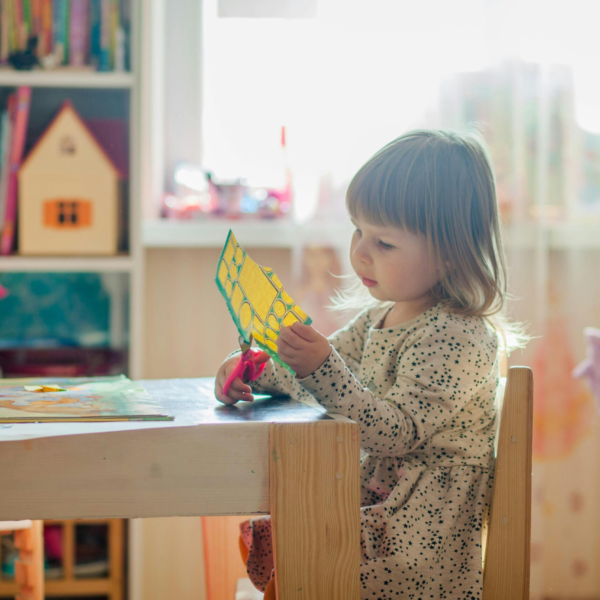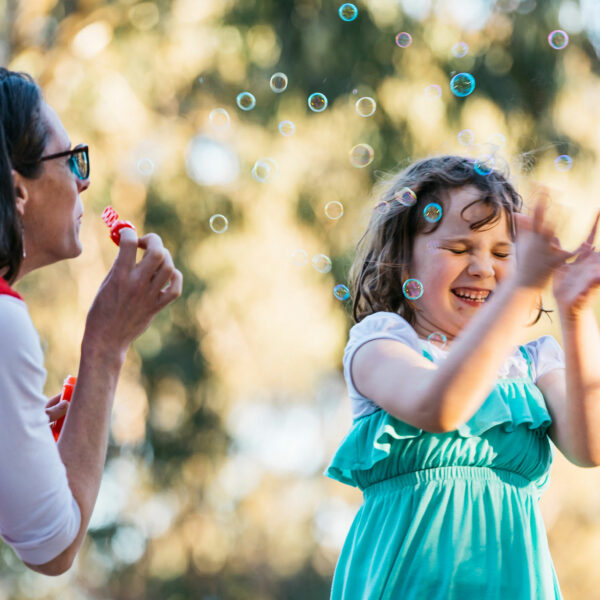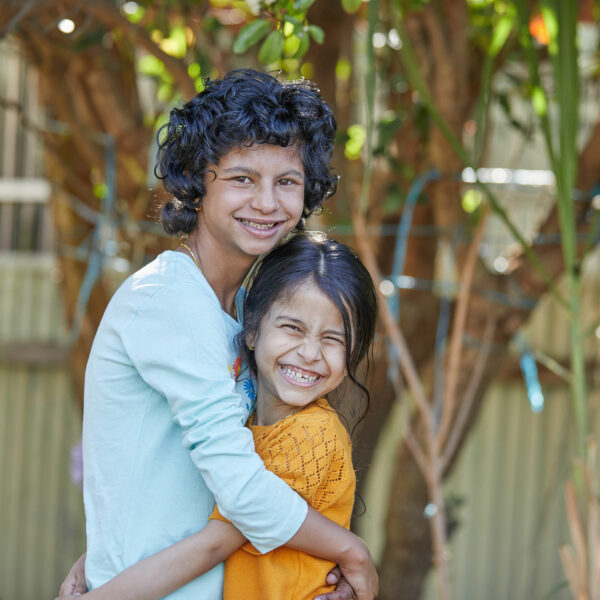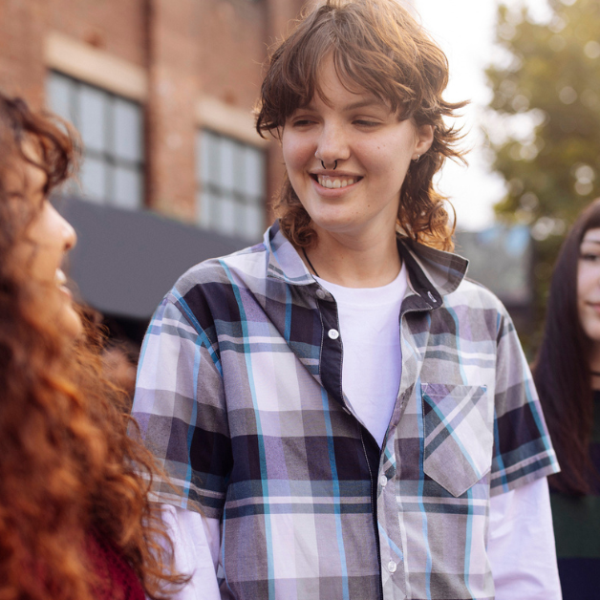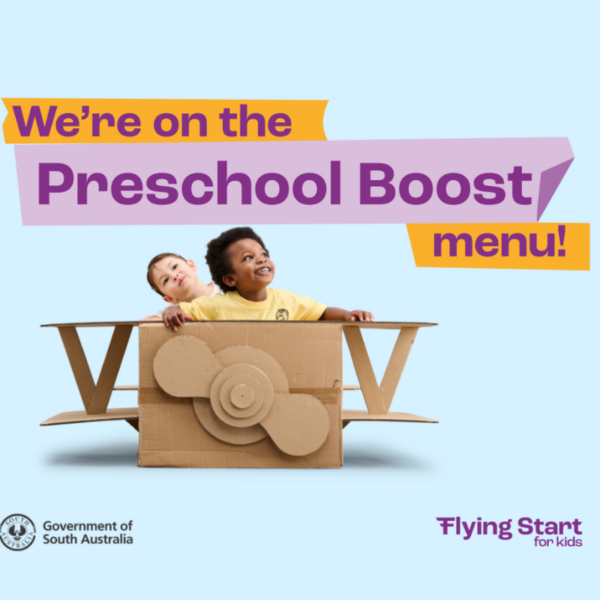Coping with change is a reality when going back to school. For some children returning from the term, breaks can be hard to readjust to. Often when a child starts a whole new school year, starts school for the first time or even starts at a new school, they are inundated with change. Some of these changes include a new environment, new peers, new teacher, new sounds/ lighting, new routines and uniform.
If a child already finds change tricky, this will be further intensified when they return or start school.
Preparing your child in advance is key. Consistency and predictability help children feel reassured that they know what will happen next.
Check out this link here with suggestions on how to cope with change.
Have you read MARK LE MESSURIER AND BILL HANSBERRY’S book
RAISING BEAUT KIDS?
See some of the tips for wrangling messy mornings from Chapter 11
https://marklemessurier.com.au/main/products/raising/
COUNTDOWN
“The car leaves in 30 minutes”, “the car leaves in 20 minutes”, “The car leaves in 10 minutes”, etc. Kids don’t perceive the passing of time as we do, and because we’re often battling to make time, we view it with way more reverence than our kids do. Add to the picture any type of attentional difficulty, processing issue or memory weakness a child has and tracking time gets even trickier. With younger kids, give them five- minute time calls. Then, as they become familiar with how time passes, work your calls out to ten- minute intervals. This is great training and gets the kids into the habit of clock watching.
TIMERS
Get visual! Use whiteboard markers on the glass over the clock face in the kitchen. Create coloured regions by shading them in green for 40 – 20 minutes left before departure, orange for 20-10 minutes left and red for the final ten minutes. Any of the kid’s devices have countdown timer features or there are free visual timer apps such as Countdown timer. Set it at one hour before the leave time. Just by keeping an eye on it or listening to it, their performance is likely to be improved. Or use a sand timer or a goo timer as a visual reminder of time passing. Timers are persuasive visual reminders about the progression of time and can be an incentive to stick with a task for just a little longer.
DELIVERING PRAISE
When we’re trying to cultivate a new behaviour we sometimes overplay praise – to be effective, praise has to be short, specific and focused. Say how the behaviour is helpful. “Hey, Jane, thanks for getting ready fast. That makes it easy for everyone and we can get going on time. Let’s get going”.
Fewer words are more powerful and communicate that kids belong through their contributions. Secondly, praise directed at a personal level sees kids withdrawing their effort in order to minimise the risk to self. Always try to praise the effort rather than the child personally. Pull right back on saying ‘good girl or good boy’ as this is best for puppy training. Instead, say ‘you did a good job cleaning your room’, or ‘you made a good decision’ or ‘that really helps, thanks ’. Praise is priceless. It gives children the idea that we know they can meet expectations. It also lets them know that we’re paying attention and are interested.
STARTING SCHOOL – THE BIG STUFF
FAMILIARISATION
Feeling familiar about what their school environment looks like will support their new feelings.
Check out your school’s website. They often have photos of the school buildings and surroundings.
ORIENTATION
Show them around the school so they know where their classroom, toilet, drop-offs are.
Introduce them to their new people – teachers, buddies.
Talk to them about their new daily routine.
Let them know who they can go to for help
Resource recommendation around acknowledging some of the big feelings about starting or going back to school.
First Day by Andrew Daddo
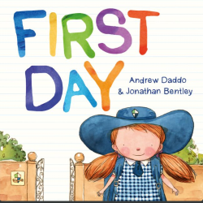
Starting School by Jane Godwin
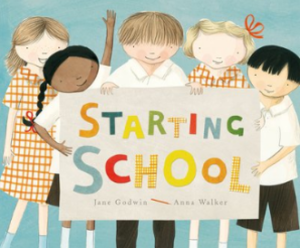
Purchase at Dymocks, Booktopia, QBD books, Big W or Amazon
KUDOS THERAPIST’S EXTRA TIPS
Review when your children’s Transfer and Positioning Care Plans, Oral Eating and Drinking Care Plans, Continence Care Plans and Health Care plans are all due for review for the schools and kindy’s. They are provided copies when the documents are provided to the school/kindy/child care centre.
We can support their independence skills (such as making sure they can go to the toilet on their own, independently look after their belongings, put their uniform and school shoes on, manage their lunchbox/ feed themselves) as well as support their development of fine motor skills (drawing, writing, threading etc) and then help support their regulation of arousal levels in the classroom so they can engage, pay attention and learn.
Paula & Kate – Kudos Services Therapy
EXTRA RESOURCES FROM RAISING CHILDREN NETWORK
https://raisingchildren.net.au/disability/school-play-work/school/starting-primary-school-disability
)

